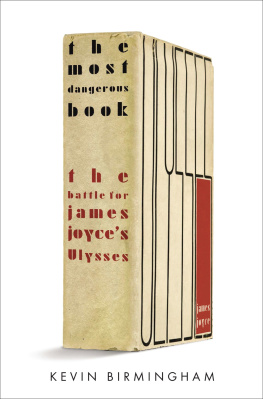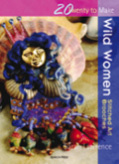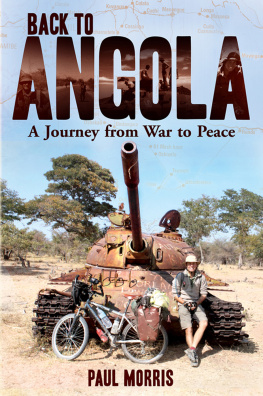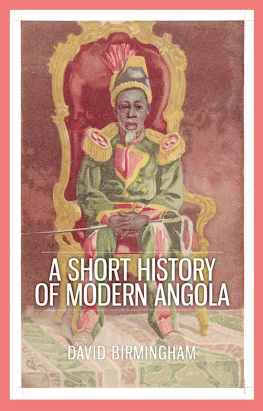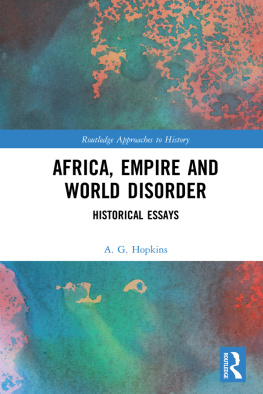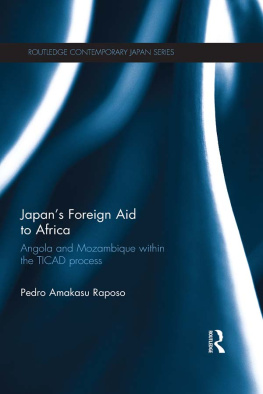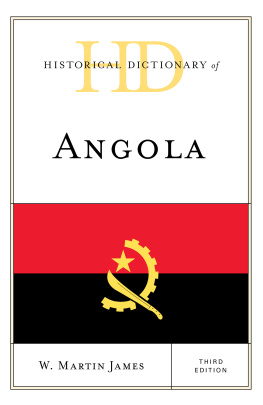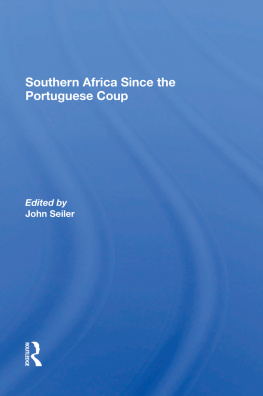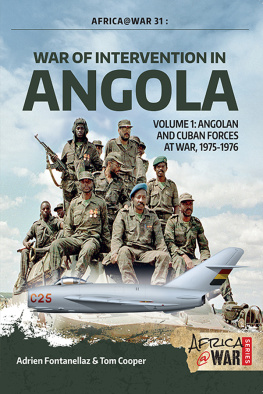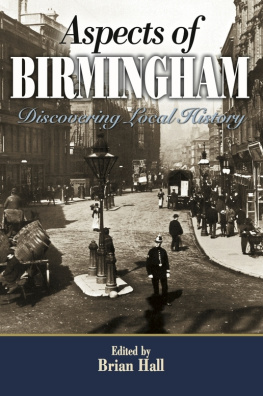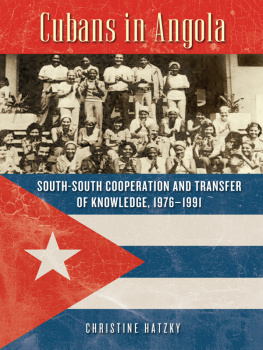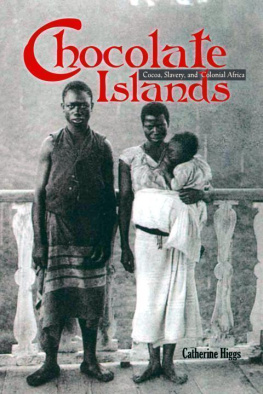Birmingham - Empire in Africa: Angola and its neighbors
Here you can read online Birmingham - Empire in Africa: Angola and its neighbors full text of the book (entire story) in english for free. Download pdf and epub, get meaning, cover and reviews about this ebook. City: Angola;Athens;Portugal;Africa, year: 2007, publisher: Ohio University Press, genre: Politics. Description of the work, (preface) as well as reviews are available. Best literature library LitArk.com created for fans of good reading and offers a wide selection of genres:
Romance novel
Science fiction
Adventure
Detective
Science
History
Home and family
Prose
Art
Politics
Computer
Non-fiction
Religion
Business
Children
Humor
Choose a favorite category and find really read worthwhile books. Enjoy immersion in the world of imagination, feel the emotions of the characters or learn something new for yourself, make an fascinating discovery.

- Book:Empire in Africa: Angola and its neighbors
- Author:
- Publisher:Ohio University Press
- Genre:
- Year:2007
- City:Angola;Athens;Portugal;Africa
- Rating:3 / 5
- Favourites:Add to favourites
- Your mark:
- 60
- 1
- 2
- 3
- 4
- 5
Empire in Africa: Angola and its neighbors: summary, description and annotation
We offer to read an annotation, description, summary or preface (depends on what the author of the book "Empire in Africa: Angola and its neighbors" wrote himself). If you haven't found the necessary information about the book — write in the comments, we will try to find it.
Empire in Africa: Angola and its neighbors — read online for free the complete book (whole text) full work
Below is the text of the book, divided by pages. System saving the place of the last page read, allows you to conveniently read the book "Empire in Africa: Angola and its neighbors" online for free, without having to search again every time where you left off. Put a bookmark, and you can go to the page where you finished reading at any time.
Font size:
Interval:
Bookmark:
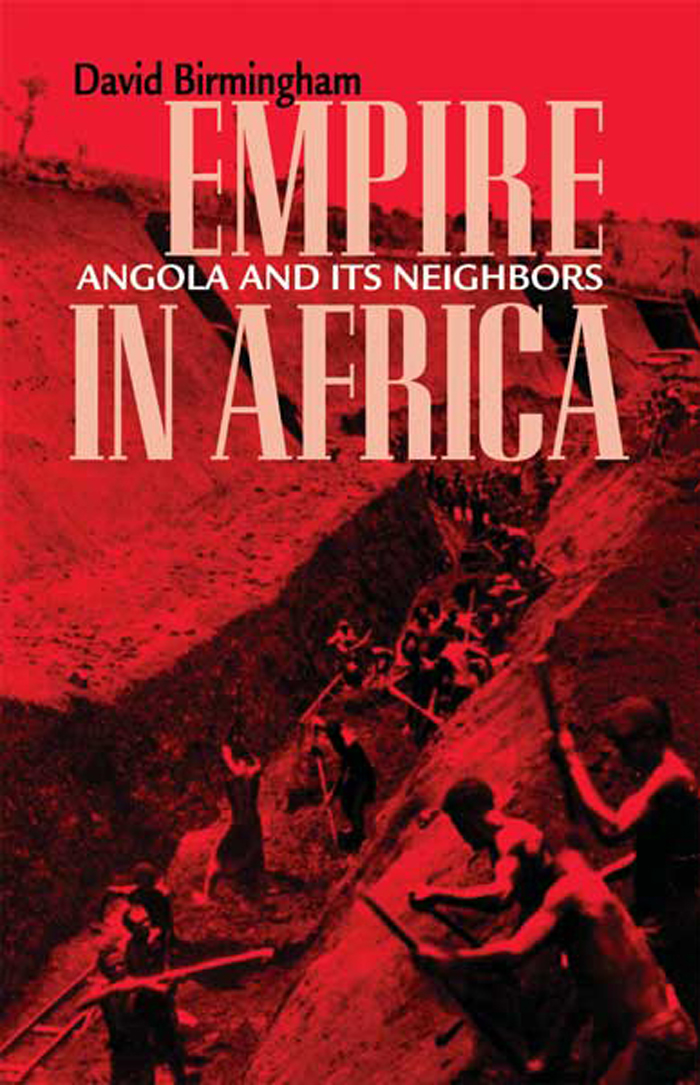
Empire in Africa
This series of publications on Africa, Latin America, Southeast Asia, and Global and Comparative Studies is designed to present significant research, translation, and opinion to area specialists and to a wide community of persons interested in world affairs. The editor seeks manuscripts of quality on any subject and can usually make a decision regarding publication within three months of receipt of the original work. Production methods generally permit a work to appear within one year of acceptance. The editor works closely with authors to produce a high-quality book. The series appears in a paperback format and is distributed worldwide. For more information, contact the executive editor at Ohio University Press, 19 Circle Drive, The Ridges, Athens, Ohio 45701.
Executive editor: Gillian Berchowitz
AREA CONSULTANTS
Africa: Diane M. Ciekawy
Latin America: Thomas Walker
Southeast Asia: William H. Frederick
Global and Comparative Studies: Ann R. Tickamyer
The Ohio University Research in International Studies series is published for the Center for International Studies by Ohio University Press. The views expressed in individual volumes are those of the authors and should not be considered to represent the policies or beliefs of the Center for International Studies, Ohio University Press, or Ohio University.
Empire in Africa
ANGOLA AND
ITS NEIGHBORS
David Birmingham
Ohio University Research in International Studies
Africa Series No. 84
Ohio University Press
Athens
2006 by the
Center for International Studies
Ohio University
www.ohio.edu/oupress
Printed in the United States of America
All rights reserved
15 14 13 12 11 10 09 08 07 06 5 4 3 2 1
The books in the Ohio University Research in International Studies Series
are printed on acid-free paper 
Library of Congress Cataloging-in-Publication Data
Birmingham, David.
Empire in Africa : Angola and its neighbors / David Birmingham.
p. cm. (Ohio University research in international studies. Africa series ; no. 84)
Includes bibliographical references and index.
ISBN 0-89680-248-5 (pbk. : alk. paper)
1. AngolaHistory. 2. PortugalColoniesAfricaHistory. I. Title. II.
Series: Research in international studies. Africa series ; no. 84.
DT1325.B55 2006
325'.340967dc22
2005032141
Angolas imperial age spanned five centuries, from 1500 to 2000. In some respects the experience resembled Hispanic colonization in America, with battalions of conquistadores and cohorts of mission friars and pastors bringing European customs and beliefs to Angolas peoples. In other respects, as outlined in the eleven essays presented here, Angolas experience was closer to that of its African neighbors. The Portuguese influence spreading out from the cities of Luanda and Benguela paralleled the Dutch influence in the south, where settlers created urban enclaves that rippled out into the countryside, coopting local herdsmen, craftsmen, and concubines. Two centuries later, Portuguese colonial practice came to resemble the practices of French and Belgian neighbors in the north as financiers were given a free hand in carving out giant land concessions complete with untrammeled rights over the resident populations of potential conscript workers. On the eastern shore of Africa, imperial experiences in Mozambique linked the Portuguese closely to the British as the railway age opened up an era of mine prospecting, which saw ambitious foreigners and teams of migrant navvies flock to Angola.
Among the themes of modern imperial colonization, one of the most influential and lasting was the impact of Christianity on societies thatunlike some of those in northern, western, and eastern Africahad little or no previous experience of external world religions. In this book, reference will be found not only to the way empire-builders used the Catholicism of the Portuguese colonizers of Angola and of their Belgian neighbors in Congo, but also to the role of American Methodists, British Brethren, and Swiss Presbyterians in creating empires. Each of these evangelizing traditions inspired and educated some of the African men and women who inherited the colonial territories from the imperial conquerors and carried forward the religious legacy of empire.
A second overarching theme of empire was the introduction of currency transactions, including coins and banknotes, into a broad range of economic activity that had previously been governed by barter exchanges measured in assortments of trade goods. The changes affected not only the old long-distance marketing of salt and iron, but also the new commerce in coffee and sugar, in rubber and ivory, that linked Central Africa to Europe and America and became the economic grounding of empire. The exchange principles affecting commodities were, however, slow to affect the African labor market. In Angola and the neighboring territories, labor recruitment took forms of compulsion, coercion, and conscription that were distressingly similar to the practices utilized by precolonial slave traders. Violence as a means of driving men and women to work ceaselessly for foreigners continued to be prevalent throughout most of the colonial period.
Military might was another means by which empires in Africa were created. During the last years of the nineteenth century and the first decades of the twentieth, columns of white imperial soldiers and black colonial conscripts imposed foreign rule. The legacy of warfare was particularly lasting in the Central African empires, and it was soldiers who captured the nationalist agenda in the 1960s. Thereafter, for a full generation, their officers profited from neocolonial extractive economies. Even where the departing empire builders had created integrated economies, with urban consumers supplied by local industries, the new postimperial rulers tended to revert to the old colonial practice of raw extractive plunder. They concentrated their attention on diamond washing, copper mining, and petroleum drilling.
Empire in Angola and in the neighboring territories was essentially the creation of menentrepreneurs, engineers, colonels, and merchants. A few colonial settlers sent home for white brides, and pioneering preachers were often wedded to an ascetic lifestyle. Most other imperial immigrants adopted a predatory masculine attitude to the ill-defended female half of the conquered population. In Angola, white migrants fathered mixed-race children whose ambiguous identities were akin to those of the coloured population of South Africa and the mestizo population of South America, and Afro-Europeans in the Central African territories experienced the same contradictory mix of racial disadvantages and racial privileges experienced by the Anglo-Indian population of the British Empire in Asia.
The most potent legacy of empireto use the term in its loosest sensewas the oil revolution of 1973. In Angola, much as in Nigeria and other Atlantic-basin territories, this revolution made the countrys soldier-politicians the dependent clients of the Texan oil giants. The corrupting lure of petroleum made an equitable and democratic future hard to grasp when independence arrived in 1975. Warfare, both civil and intrusive, was the first bitter harvest of the imperial age. In the longer term, however, the new wealth may hold out a promise of hope for Angolas vibrant people. Ingenuity and energy have enabled some of each rising generation to survive during Angolas hundred years of foreign plunder and thirty years of civil conflict. With better education, better sanitation, better statesmanship, better friends, Angolas people have rich potential in an impoverished land.
Font size:
Interval:
Bookmark:
Similar books «Empire in Africa: Angola and its neighbors»
Look at similar books to Empire in Africa: Angola and its neighbors. We have selected literature similar in name and meaning in the hope of providing readers with more options to find new, interesting, not yet read works.
Discussion, reviews of the book Empire in Africa: Angola and its neighbors and just readers' own opinions. Leave your comments, write what you think about the work, its meaning or the main characters. Specify what exactly you liked and what you didn't like, and why you think so.

